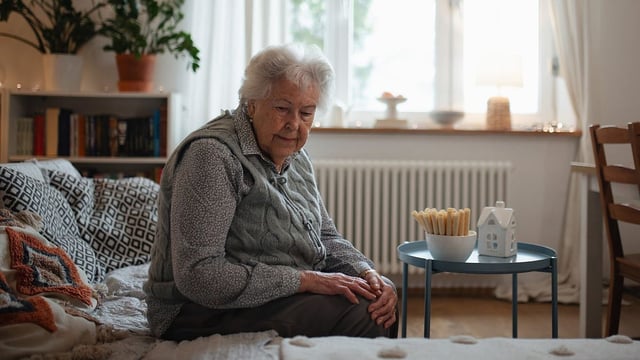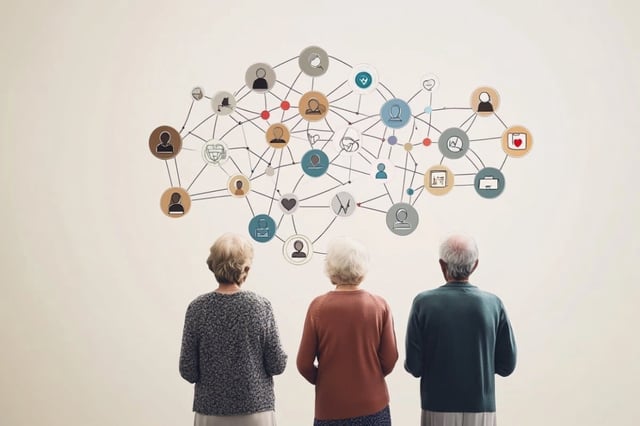Overview
- The decade-long study tracked over 1,500 older adults, categorizing their social networks as enriched, focused, or restricted.
- Older adults in enriched networks reported significantly better physical and mental health compared to those in restricted or focused networks.
- Findings revealed that social networks are dynamic, with 43% of focused-network participants moving into enriched networks, though over 85% of restricted-network participants remained isolated.
- Women, Black participants, and the oldest adults were most vulnerable to network contraction due to aging, widowhood, and structural barriers.
- The study emphasizes that social networks are not fixed, and tailored public health strategies can help older adults build stronger, more enriching connections to combat loneliness.


